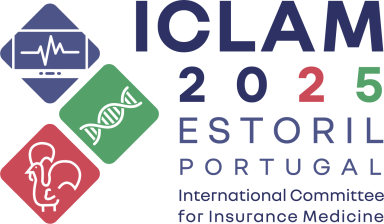Estoril Portugal
Estoril combines the glamour of the region’s history, culture, palaces, and museums with the up-to-date quality of its services and infrastructure in an unmatched atmosphere of sea, nature, sports and gastronomy.
Estoril is the right choice, both for business and leisure.
Location

Surrounded by the Atlantic Ocean to the south and west, Estoril is only 30 kilometres from Lisbon. It is surrounded by the municipalities of Sintra, Oeiras and Mafra and has an area of approximately 800 square kilometres extending from the Tagus estuary at Oeiras to the northernmost limit of the county of Mafra. The region also takes in Cabo da Roca, the westernmost point of mainland Europe.
In the geographical centre of the region is the majestic Serra de Sintra, classified as a UNESCO "Cultural Landscape". The winding ridge of the mountain gives the town of Sintra a romantic aspect as it nestles in its northern foothills and divides the surrounding countryside into different microclimates, landscapes and cultures. Indeed, it is the interplay between the mountains and the sea that gives the region its unique character.
Language
Portuguese is the official language of Portugal and is the third most spoken language worldwide. This is due to it being the official language of the former Portuguese colonies (Angola, Mozambique, Cape Verde etc.) and Brazil. English is taught in schools as the main foreign language, so a large proportion of the population has a good understanding of it.
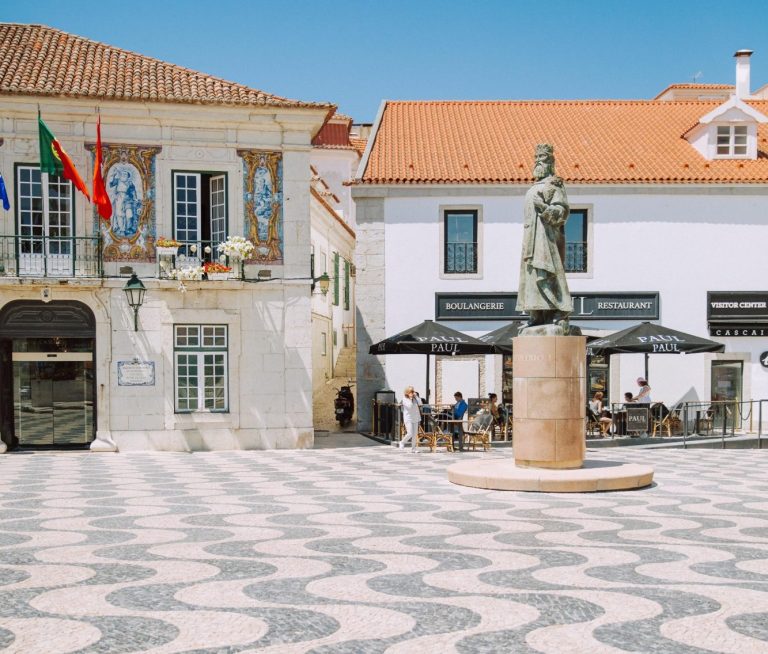
Currency
Portugal is part of the single European currency and therefore uses the Euro as its currency. Banks offer currency exchange services, and most establishments accept credit and debit cards. ATMs, known as Multibanco, are abundant and very easy to find.
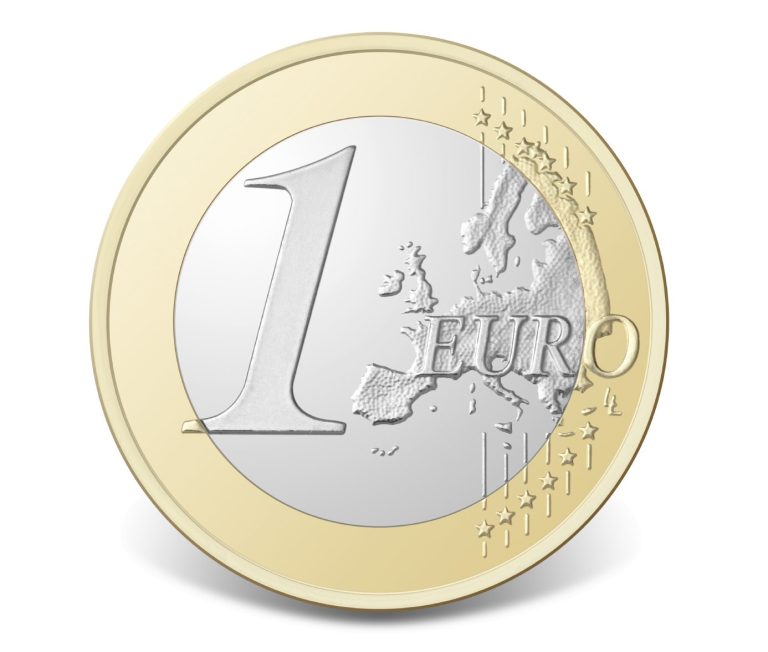

Electricity
Electricity is supplied at 220 volts and the plugs follow the European system (with two pins).
Climate
In general, the climate is excellent and there are no extreme temperatures, but there are marked differences between various areas, with warmer, drier weather on the southern slopes of the Sintra Mountains than elsewhere. The local climate is Atlantic and therefore mild all year round. The average temperature is 18 ºC in spring, with few rainy days and nearly 2.500 hours of sunshine per year.
- January 10ºC
- February 13ºC
- March 14ºC
- April 15ºC
- May 18ºC
- June 21ºC
- July 25ºC
- August 25ºC
- September 22ºC
- October 18ºC
- November 16ºC
- December 12ºC
Accessibility
The region is located 30 km away from Lisbon and is served by Lisbon international airport, and excellent road and rail networks.

By Train
The Portuguese Railroad Company (CP) provides a rail service covering practically the whole country and it provides regular service to Estoril from Lisbon every 20 minutes.

By Road
From the airport, Estoril is 25 minutes drive away and has access through the A5 Motorway.
It’s also possible to take the scenic route along the coast that takes 45 minutes and gives a fantastic overview of Cascais Coastline that is know as the Portuguese Riviera.

By Air
It is very easy to arrive in Lisbon International Airport. It is a short flight away from most European cities and 6/8 hours from North America.
Lisbon International Airport has daily non-stop flights to and from the major cities in the world.
Besides Portuguese airlines as TAP – Air Portugal, all major international airlines are represented in Lisbon.
Some international airlines offering regular, scheduled flights to Lisbon
Air Canada Rouge
Air Europa
Air France
British Airways
Brussels Airlines
Delta Airlines
Emirates
EuroAtlantic Airlines
Finnair
Iberia
KLM
LATAM
Lufthansa
Royal Air Maroc
SAS
Swiss
TAAG
United Airlines
Low Cost in Portugal: Easyjet, Vueling, German Wings, Aer Lingus, Norwegian, Ryanair, Eurowings, Transavia, Blue Air, Wizz Air
Approximate flight times from some European cities to Lisbon
Amsterdam - 2h45
Barcelona - 1h50
Brussels - 2h45
Copenhagen - 3h40
Dublin - 2h40
Frankfurt - 3h00
Paris - 2h20
Prague – 3h25
Rome - 2h55
Stockholm - 3h40
Vienna - 3h15
Zurich - 2h45
Geneve - 2h30
London - 3h10
Madrid - 1h05
Milan - 2h50
Munich - 3h05
Oslo - 4h50
Gastronomy
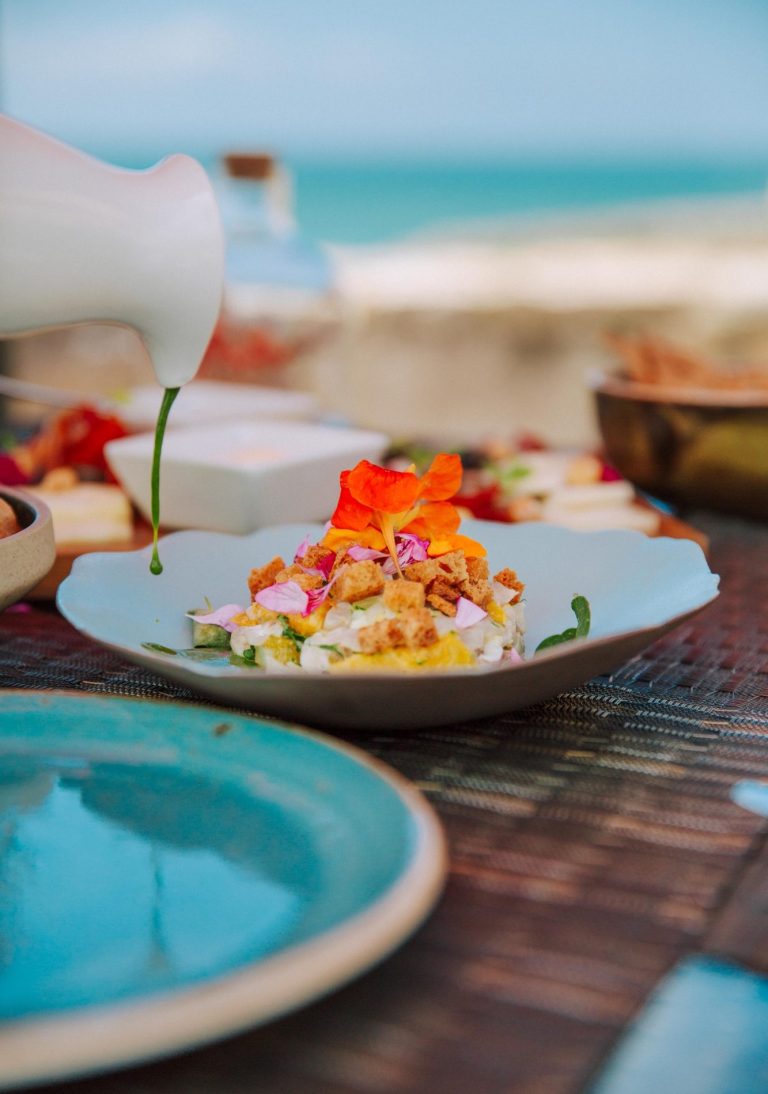
The sea is fundamental to this region, therefore it is natural that the most popular dishes and those in which hotels and restaurants take the most pride, are those based on fish and seafood. The fish is frequently caught with the rod by solitary fishermen or bought from the daily catch at Cascais or Ericeira, while shellfish are meticulously farmed in hatcheries along the rocky coastline.
The region's sweets are also renowned, and no visit to Sintra is complete without trying "queijadas"; a sweet pastry filled with cream cheese, or the hot "travesseiros"; a sweet pastry filled with an egg and almond cream.
The region's winemaking tradition dates back to Roman times and due to the combination of sunshine, soil quality and ecological microsystems, it has been possible to produce a full-bodied wine in Carcavelos which rivals the more traditional Port. In Colares and Almoçageme, thanks to the temperate climate influenced by the sea and the mountains, a table wine is produced from the Ramisco grape variety. No visit to this region is complete without a visit to the "Adega Regional" (Regional Winery), to attend a wine tasting session and sample the best the region has to offer.



Necesitamos su consentimiento para cargar las traducciones
Utilizamos un servicio de terceros para traducir el contenido del sitio web que puede recopilar datos sobre su actividad. Por favor revise los detalles en la política de privacidad y acepte el servicio para ver las traducciones.
